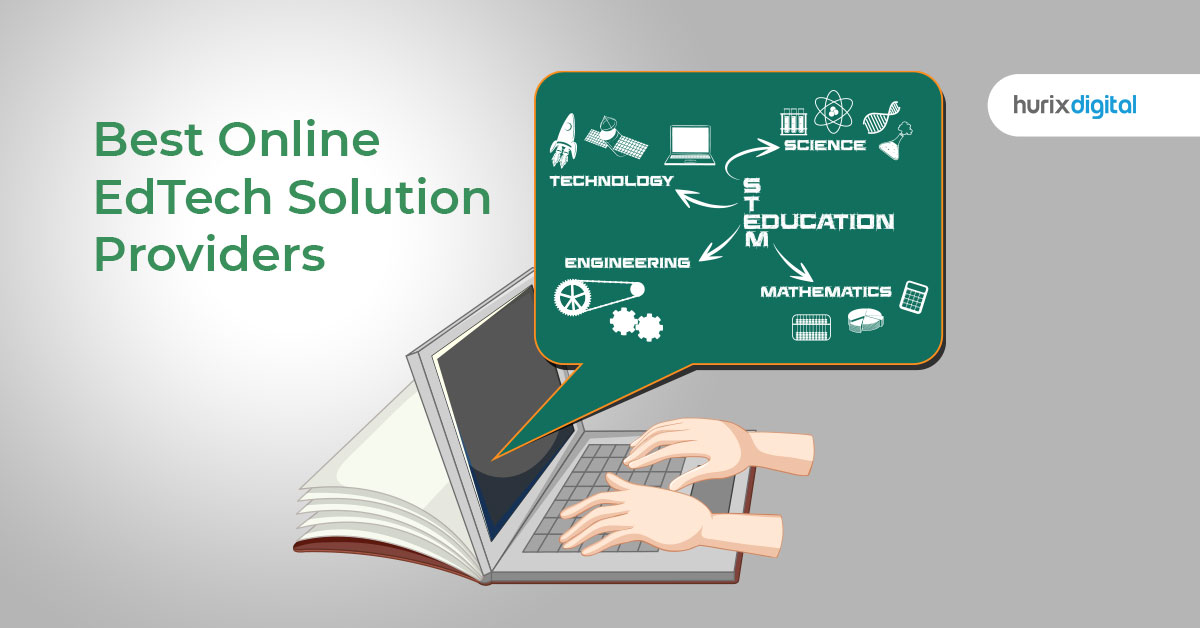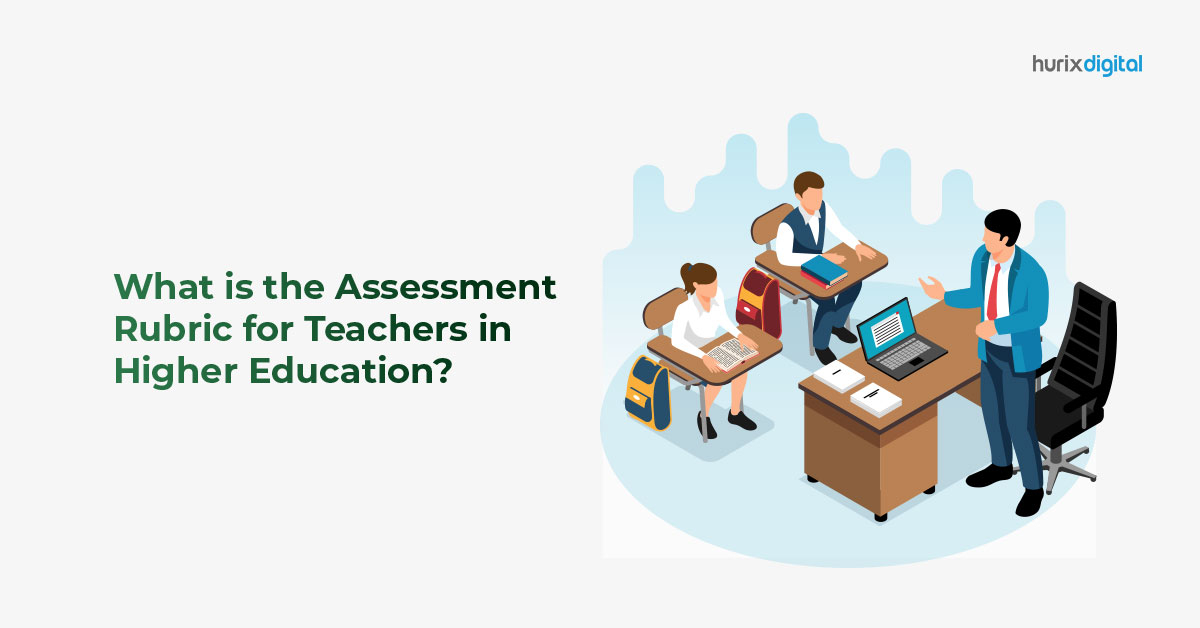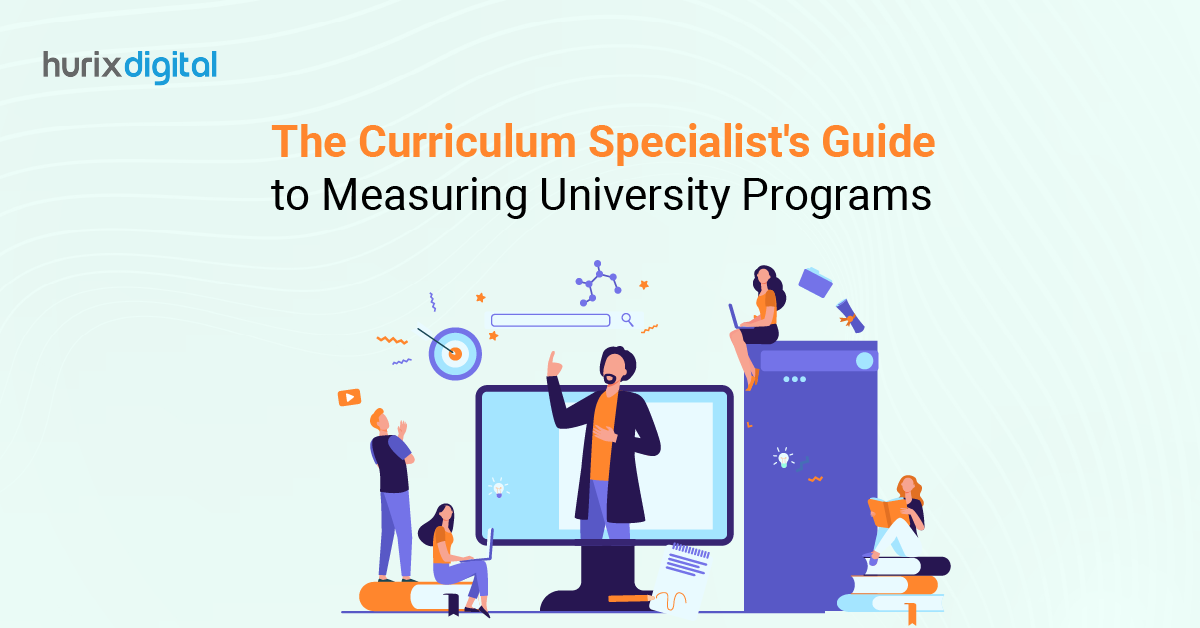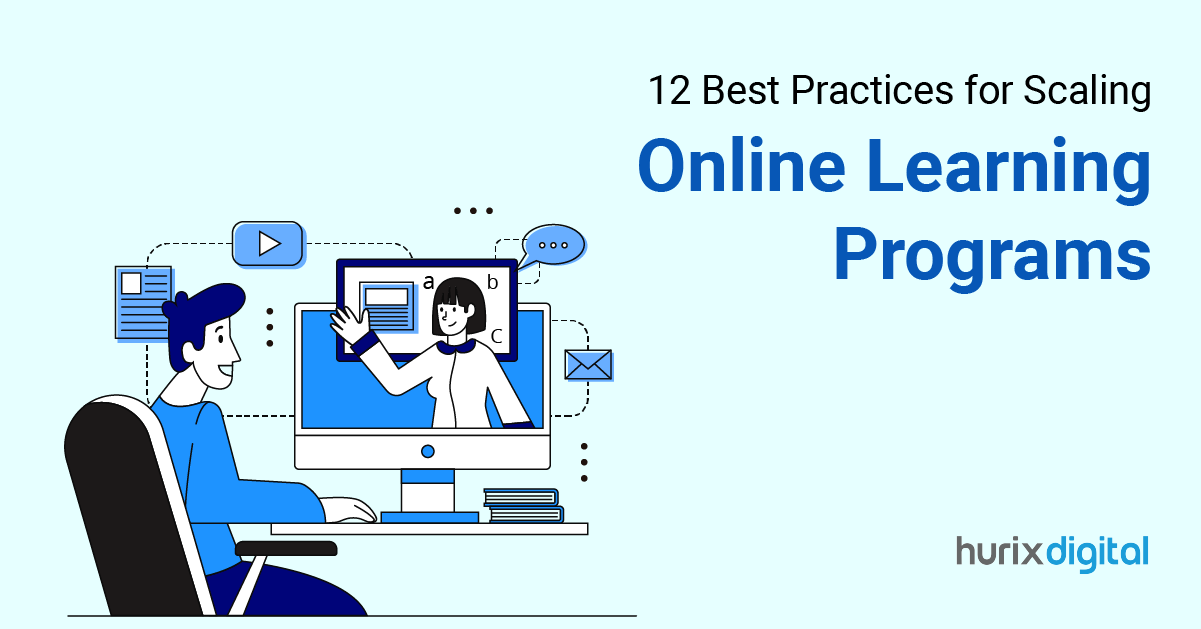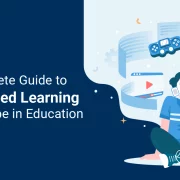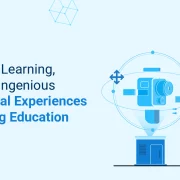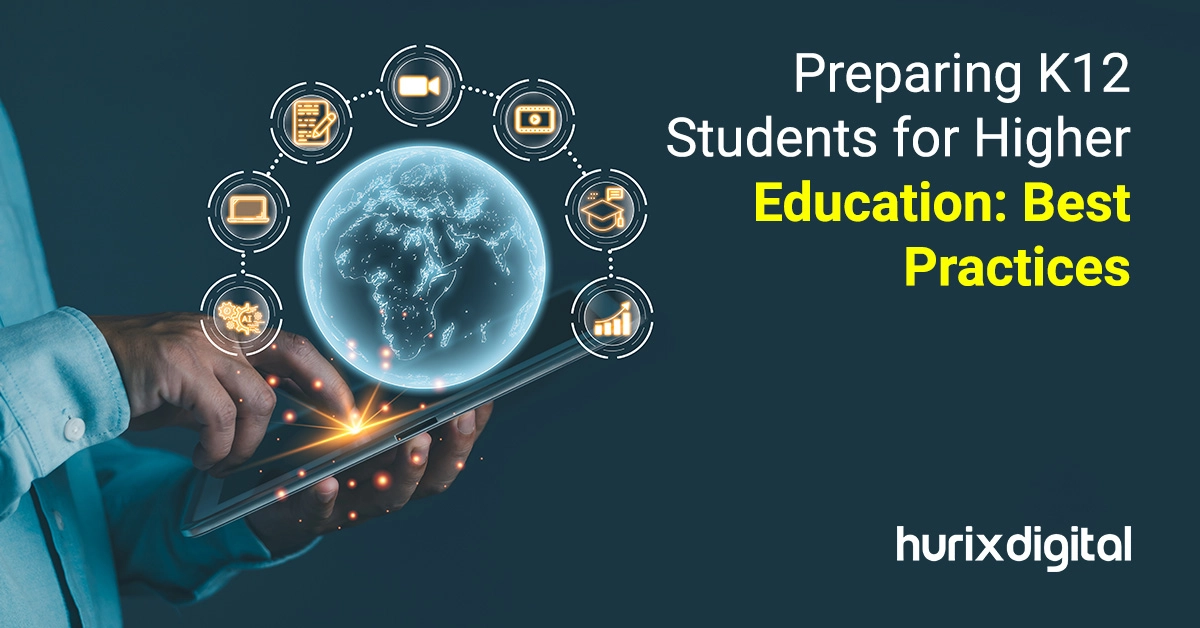
Preparing K12 Students for Higher Education: Best Practices
Summary
This blog explores strategies to help K12 students transition to higher education, including critical thinking, study habits, career exploration, college prep, student support, and data analytics.
A student’s academic path marks a major turning point when they move from K12 education to higher education. Moving abruptly from a relatively restrictive schedule to an educational system with more freedom can feel overwhelming. Therefore, to streamline the process, schools should consider multiple K12 education strategies to offer more direction and support the significant transition.
According to a report by the National Center for Education Statistics (NCES), students who engage in college preparatory activities during high school are more likely to enroll in and complete higher education programs.
This article explores the best K12 education strategies for students for higher education.
Table of Contents:
- Preparation of K12 Strategies for Higher Education
- Study Skills Development
- Career Exploration
- College Prep Programs
- Student Support Services
- Future-Readiness
- Academic Planning
- Leveraging Data and Analytics
- Conclusion
Preparation of K12 Strategies for Higher Education
Getting K12 students ready for college requires multifarious strategies, including building critical thinking abilities and encouraging real-world relationships. These techniques help ensure that students are ready to meet the rigors of college.
1. Prioritizing Critical Thinking and Problem-Solving Skills
Preparing for higher education requires critical thinking and problem-solving skills. Students should be encouraged to think for themselves and become responsible for their own choices. A strong ability to think critically helps students overcome the intellectual demands of college courses.
In K12 schools, integrating inquiry-based learning (IBL) and project-based learning (PBL) can support students in developing these skills by identifying and evaluating their knowledge.
2. Incorporating Technology
Learners who are familiar with digital tools and resources will be more comfortable with meeting the technological demands of higher education. Schools should incorporate digital literacy activities so that students can learn how to use educational tools effectively.
Also Read: 10 Clever Strategies to Blend Online and Offline Learning for Enhanced K12 Student Engagement
Study Skills Development
Academic achievement in higher education is dependent on one’s ability to study well. To fulfill the higher expectations of college courses, students have to learn excellent time management skills and remain orderly.
1. Time Management and Organization
Academic achievement in higher education depends critically on efficient time management and organizing ability. Students who keep organized and effectively manage their time are more likely to graduate with honors and finish their degrees on schedule. Through instruction in study planning, goal setting, and task prioritizing, schools can help students acquire these abilities.
2. Note-taking and Information Retention
Note-taking is an important study habit, helping develop a more determined mindset while improving understanding and memory. Exam performance improves, and long-term memory retention increases for students who meticulously note material. To enable students to gather and arrange knowledge efficiently, schools should teach several note-taking techniques, like the Cornell Note-Taking System.
Career Exploration
Through career research, students can make wise decisions about their future and grasp the breadth of opportunities open to them.
1. Exposure to Various Career Paths
Preparing for higher education depends critically on career exploration. Early exposure to many professional pathways enables students to make well-informed future decisions. Through career fairs, job shadowing programs, and guest speaker invitations from several sectors, schools may help students explore their futures.
2. Linking Academic Subjects to Real-World Applications
Connecting academic courses to useful applications helps students better understand how relevant their education will be for their future jobs. Students who believe their studies will be relevant for future employment are more involved in their education. Real-world case studies and useful applications should be included in courses at schools so that students may establish these links.
College Prep Programs
College prep programs help K12 students prepare for their lives in higher education and beyond.
1. Advanced Placement (AP) and International Baccalaureate (IB) Programs
Students in advanced programs are able to take more involved classes that are meant to get them ready for college. The College Board says that students who take AP classes are more likely to finish on time and do well in college.
2. Dual Enrollment Programs
High school students can participate in dual enrollment classes and accumulate credits before graduating. Dual enrollment program participants are more likely to be college-bound, tenacious through their studies, and finish their degrees. Schools should encourage dual enrollment options and help pupils negotiate the college material properly.
Student Support Services
By taking care of students’ mental and social needs, student support services can help them feel ready for college.
1. Academic Advising and Counseling
Higher education preparation depends critically on excellent academic advice and counseling services. Regular academic counseling might enable students to stay on target for graduation. Schools should provide thorough advising services covering courses of study, academic preparation, and college applications for each student.
2. Mental Health and Wellness Support
Students who have access to mental health treatments are more suited to control their stress and engage academically. To help students’ general well-being, schools should offer mental health tools, including wellness programs, stress-management seminars, and counseling services.
Future-Readiness
Learners should be provided with the tools and information they need to navigate life outside of the K12 classroom.
1. Financial Literacy Education
Financial literacy is critically important for future readiness. Strong financial literacy among students helps them be better suited for handling their money both in college and outside. Teaching students about budgeting, saving, investing, and loan management will help schools include financial literacy instruction in their courses.
2. Soft Skills Development
Success in higher education and employment depends on soft skills, including communication and adaptability. Companies highly value these abilities, so they’re always on the lookout for such applicants. Schools should emphasize soft skill acquisition through group projects, extracurricular activities, and leadership development opportunities.
Academic Planning
Setting goals and building a road map for their attainment are the essence of academic planning. Students must routinely review and change their academic strategies if they are to stay on target.
1. Setting Academic Goals and Creating a Roadmap
Essential elements of academic planning are developing a road map and defining goals. Students who develop a strategy to reach specific academic goals and set them themselves are more likely to succeed in higher education. Schools should assist students in determining their professional and academic goals, as well as provide a detailed road map to get to them.
2. Regular Monitoring and Adjustments
Regular monitoring and adjustment of academic plans are necessary to ensure that students stay on track. Regular assessment and modification of their academic plans help students stay committed to their education and finish on time. Schools should provide continuous support and direction to enable students to track their progress and make necessary changes.
Leveraging Data and Analytics
By guiding instruction and allowing early interventions, using data and analytics can greatly improve educational results.
1. Using Data to Guide Instruction
Data and analytics can offer insightful analysis of student performance that shapes teaching plans. Data-driven instruction enables schools to improve student outcomes significantly. Schools should use data to identify areas where students need additional support and adjust their teaching methods accordingly.
2. Predictive Analytics for Early Intervention
Predictive analytics can enable early intervention and risk identification for students at risk of falling behind. Schools can use predictive analytics to target interventions and increase student success rates more precisely. Schools should utilize predictive analytics techniques to monitor student performance and provide immediate assistance to those in need.
Also Read: The Best of Both Worlds: Enhancing K12 with Hybrid Learning Solutions
Conclusion
Educators, parents, and the community working together will help K12 students be ready for college. We can provide students with the tools they need to thrive in higher education by putting strong K12 education strategies into place, emphasizing study skills development, giving job exploration chances, offering college prep programs, and offering strong student support services.
Hurix Digital‘s several strong learning tools enable students to find the learning environment more engaging and efficient. Get in touch right now to find out how creative educational ideas can help prepare K12 students for higher education.

Senior Vice President
A Business Development professional with >20 years of experience with strong capability to sell new solutions and develop new markets from scratch. New Market Entry Specialist with experience of working in two of the largest emerging markets – China & India. Also covered other key markets in APAC, US, EU & ME. Exceptional experience of conceptualizing, ideating and selling new learning technologies like VR AR, etc. across multiple industry verticals.
